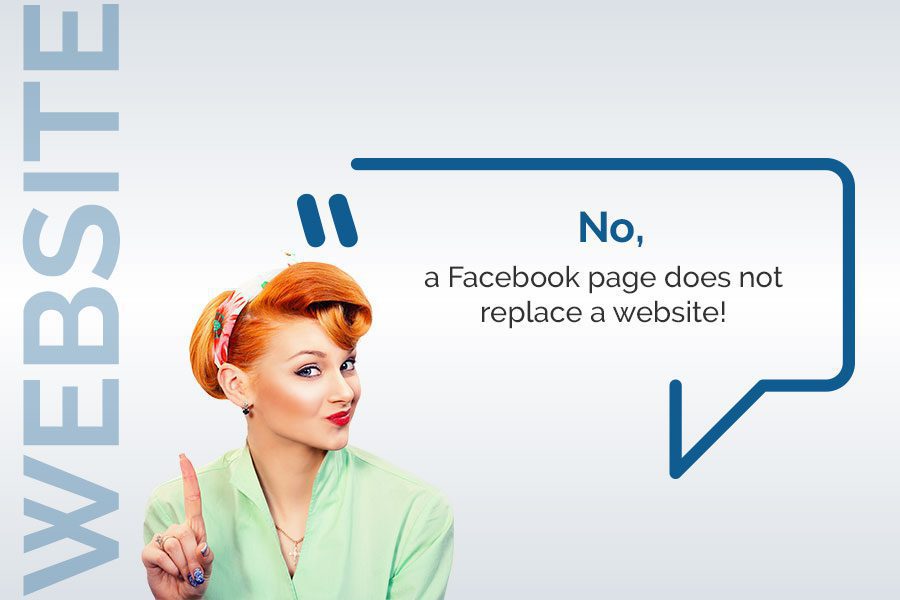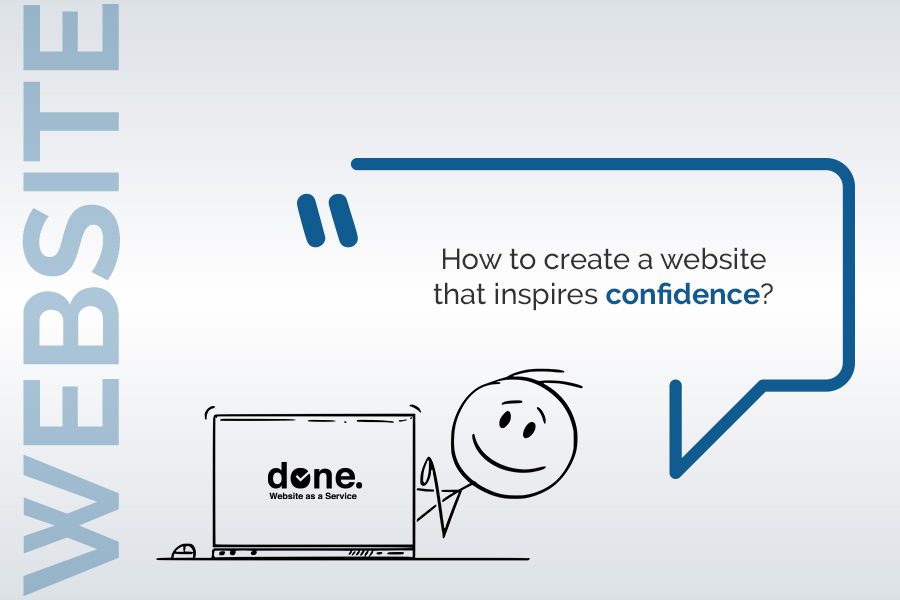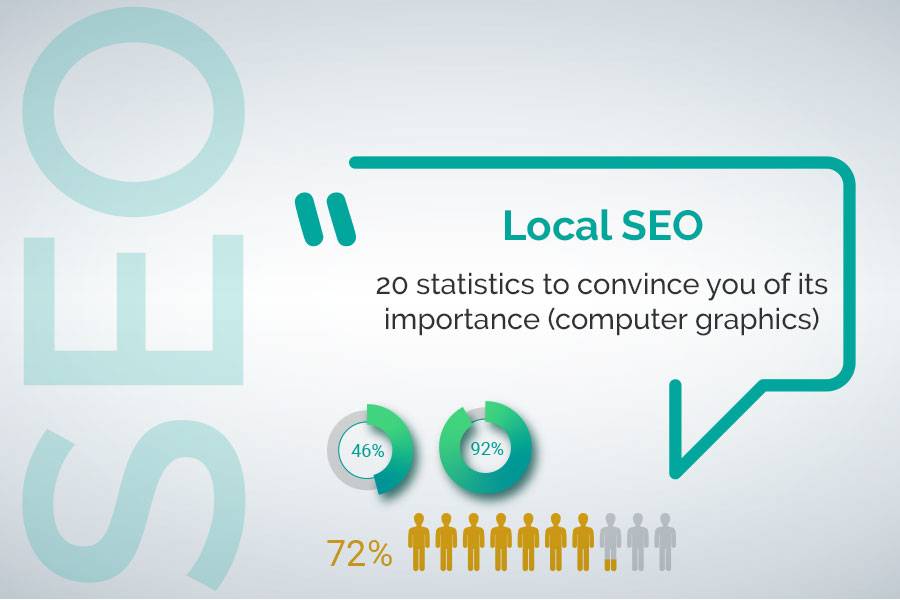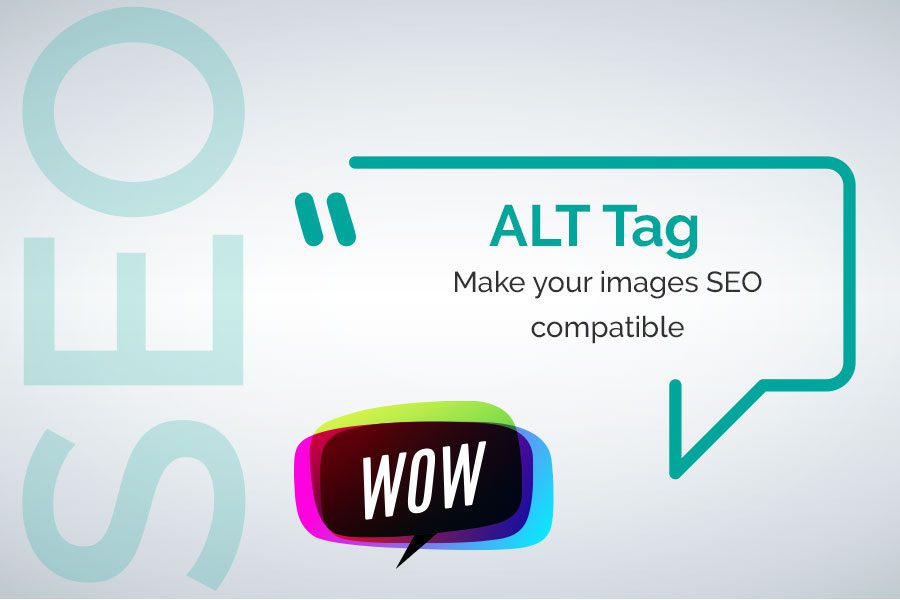
ALT Tag: Make your images SEO compatible.
January 23, 2020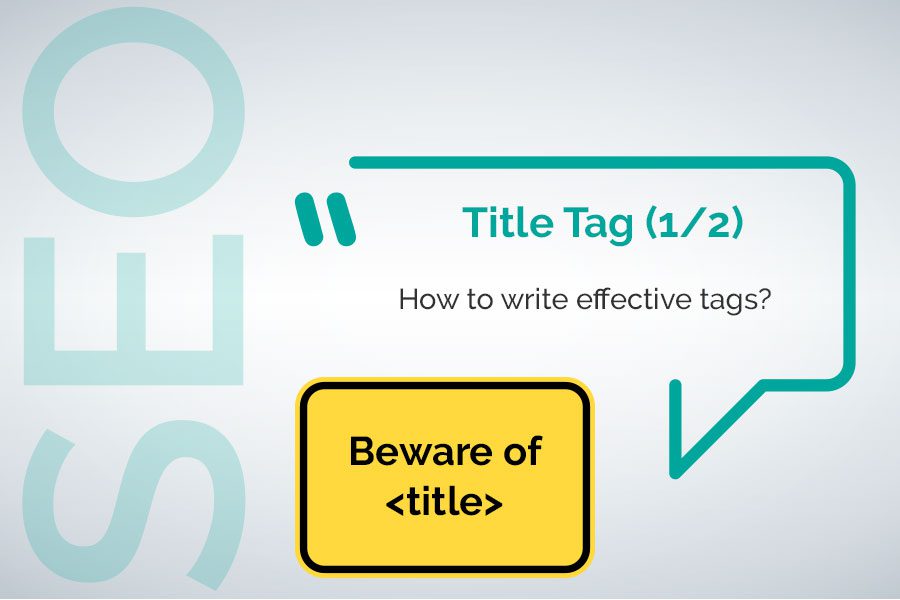
Title Tag: How to write effective tags?
February 18, 2020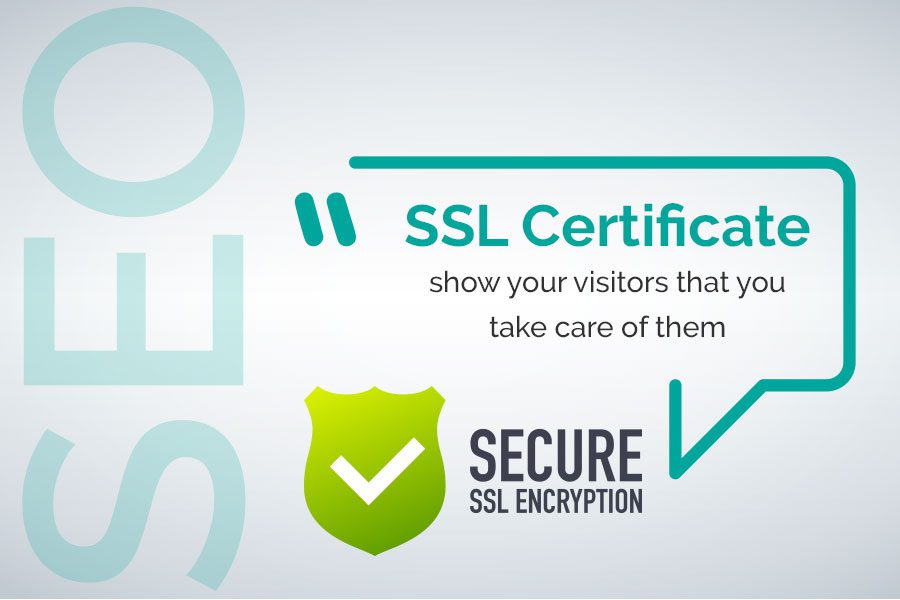

The SSL (Secure Socket Layer) certificate is an electronic certificate that is installed on a web server and whose role is to allow a website to “prove” its identity to its visitors’ browsers and thus ensure that the exchange of information between the two will be secure.
Let’s go into detail to understand why this security is useful for SEO.
The SSL certificate allows:
– Encrypt data and prevent the hacking of passwords, personal data, bank details… during transmission.
– Ensure the security of the server to which you are connected and thus protect against cyber attacks;
– Activate the HTTPS (Hypertext Transfer Protocol Secure) protocol, the famous little padlock that appears in the address bar. Https is the secure version of websites, it ensures the protection of sensitive data exchanged between you and the server when you connect to a website without a third party being able to inject a misleading form, a virus or damage the code;
– Show your visitors that you take care of them.
Small precision: With the SSL certificate, it is the information exchanged that is secured and not the visited website itself.
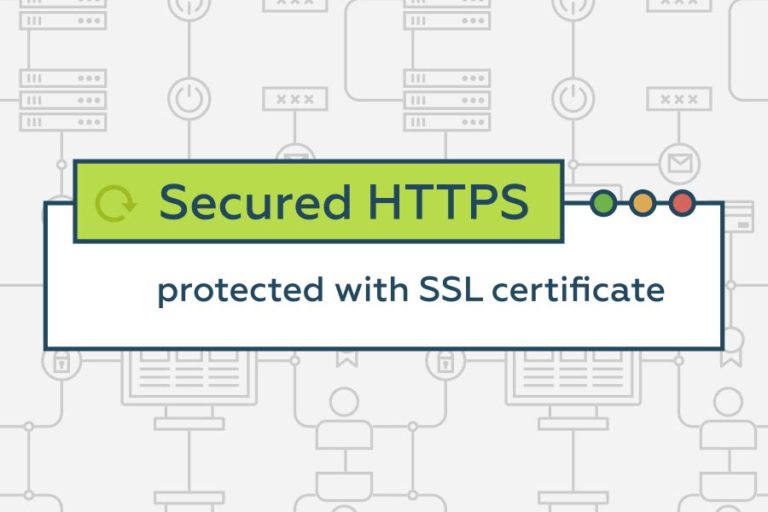

– Encrypt data and prevent the hacking of passwords, personal data, bank details… during transmission;
– Ensure the security of the server to which you are connected and thus protect against cyber attacks;
– Activate the HTTPS (Hypertext Transfer Protocol Secure) protocol, the famous little padlock that appears in the address bar. Https is the secure version of websites, it ensures the protection of sensitive data exchanged between you and the server when you connect to a website without a third party being able to inject a misleading form, a virus or damage the code;
– Show your visitors that you take care of them.
Small precision: With the SSL certificate, it is the information exchanged that is secured and not the visited website itself.
What is the relationship between security and referencing?
Google has chosen to integrate the notion of security in its algorithm since 2014. Contrary to popular belief, adding an SSL certificate to a site will not have a real positive effect on its SEO. It is rather the absence of a certificate or the presence of an unsuitable certificate that will have negative effects on its SEO.
The absence of an SSL certificate will also be visible to the visitors of a site. A dissuasive warning message will make them understand that there is a risk in visiting the site they wish to visit; radical impact guaranteed.
It is often sites designed more than 4 or 5 years ago that do not yet have an SSL certificate. For these sites the simple addition of a certificate on the server will not solve all the SEO problems, they are often outdated and not compatible with mobile devices and only a global redesign will really have measurable and positive effects.
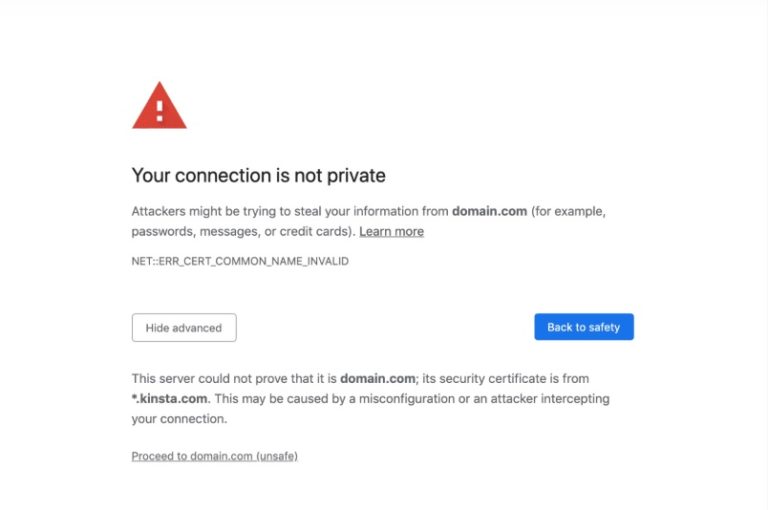

Google has chosen to integrate the notion of security in its algorithm since 2014. Contrary to popular belief, adding an SSL certificate to a site will not have a real positive effect on its SEO. It is rather the absence of a certificate or the presence of an unsuitable certificate that will have negative effects on its SEO.
The absence of an SSL certificate will also be visible to the visitors of a site. A dissuasive warning message will make them understand that there is a risk in visiting the site they wish to visit; radical impact guaranteed.
It is often sites designed more than 4 or 5 years ago that do not yet have an SSL certificate. For these sites the simple addition of a certificate on the server will not solve all the SEO problems, they are often outdated and not compatible with mobile devices and only a global redesign will really have measurable and positive effects.
Which SSL certificate to choose?
SSL certificates are offered by hosting providers in their different packages. Your developer or web agency will usually have no difficulty in choosing, installing and configuring the appropriate certificate on your websites’ server.
However, make sure you invest in an SSL certificate adapted to your needs. The easiest way to do this is to ask yourself the following 3 questions: How many domains do I need to secure? What type of site should I secure? How important is the trust of your customers to you?
Indeed, for a simple showcase site with a single domain name, you will not need the same level of security as an e-commerce site or a site with several sub-domains (blog.mywebsite.lu, Luxembourg.mywebsite.com…). There are therefore different levels of validation (DV, OV and EV) of SSL certificates, each meeting different levels of requirements.


SSL certificates are offered by hosting providers in their different packages. Your developer or web agency will usually have no difficulty in choosing, installing and configuring the appropriate certificate on your websites’ server.
However, make sure you invest in an SSL certificate adapted to your needs. The easiest way to do this is to ask yourself the following 3 questions: How many domains do I need to secure? What type of site should I secure? How important is the trust of your customers to you?
Indeed, for a simple showcase site with a single domain name, you will not need the same level of security as an e-commerce site or a site with several sub-domains (blog.mywebsite.lu, Luxembourg.mywebsite.com…). There are therefore different levels of validation (DV, OV and EV) of SSL certificates, each meeting different levels of requirements.
The TLS certificate.
The TLS certificate for Transport Layer Security is the successor of SSL, so to speak. Although its use is becoming more and more widespread – it solves some of the security problems that SSL may have encountered in the past. The term “SSL Certificate” is still the most widely used today and therefore often includes the term “TLS Certificate”.
To conclude.
Putting in confidence of the customers and the visitors of your site, protection against the attempts of hacking, security of the exchanged data, better referencing SEO and better brand image of your company, the protocol SSL presents only advantages for a Website.
A SSL certificate at a cost :
They are issued for a period that generally ranges from one to five years and for prices ranging from less than €10 per year – for small blog type sites without registration form – to more than €100 per year, even €1000 per year for multi-domain sites and some multilingual e-commerce. The prices proposed between the different suppliers can vary greatly and the content of the services offered being quite complex to understand for the uninitiated, we recommend that you entrust the choice and installation of your certificate to a professional.
Changes are to be expected in 2020:
Chrome (in January 2020), Mozilla (in March 2020) and Edge (during 2020) announce that it will be mandatory at these dates that web servers use at least the TLS 1.2 version to remain compatible with these browsers.

